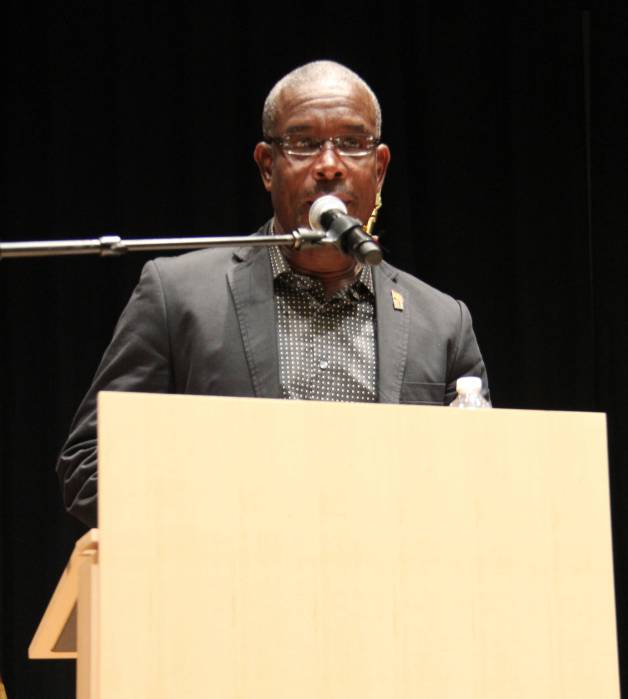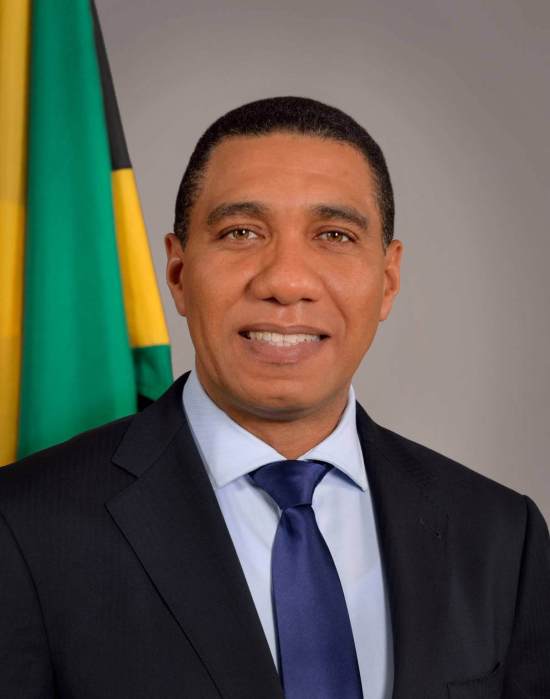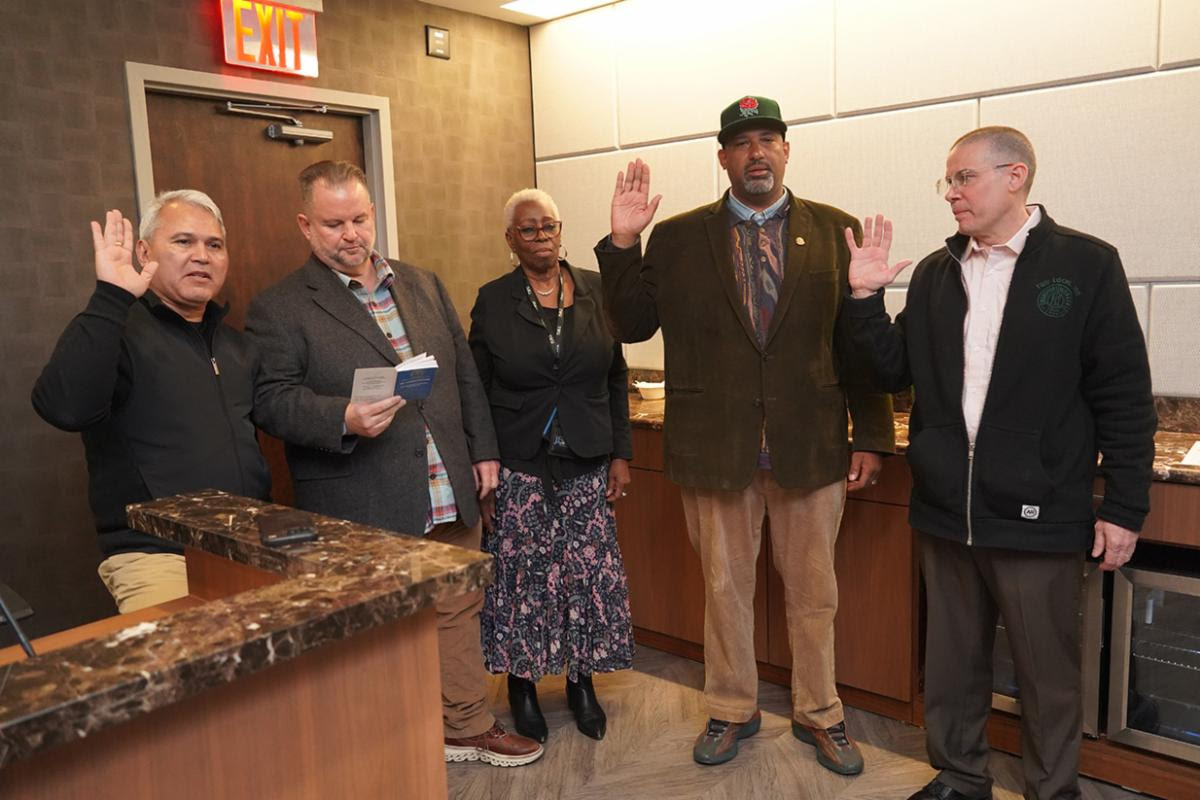The World Bank Board of Directors on Jun. 16 approved two zero-interest credits for a total of US$5.6 million to help Grenada and St. Lucia establish the Eastern Caribbean Energy Regulatory Authority (ECERA).
As a regional entity, ECERA will improve electricity service delivery and diversify sources of energy generation, including renewables, benefiting electricity consumers across the Organization of Eastern Caribbean States (OECS) countries.
“This initiative will make it easier for OECS members to provide incentives to save energy, reduce electricity costs to consumers, and, in the longer term, lower electricity price volatility by relying less on diesel,” said Françoise Clottes, World Bank Director for the Caribbean.
Clottes said demand for electricity in the OECS countries has been growing at an annual rate of 3-4 percent, driven mostly by commercial and residential sectors in tourism-led economies, while electricity prices are among the highest in the world.
The Washington-based financial institution said the high tariffs are due, in part, to the countries’ “insular and small electricity systems, an almost complete dependence on diesel, as well as insufficient regulatory enforcement.”
In order to ensure a reliable energy supply in the OECS, the bank said regional electricity utilities need “stronger and more efficient regulation to improve oversight, tame the growth of electricity costs, diversify energy supply away from fossil fuels, and attract cost-effective investments in electricity generation.”
“ECERA will maximize economies of scale among OECS participating states in establishing and operationalizing a regional policy approach for the development of the electricity sector, enable better use of scarce skilled human resources, and increase the capacity of OECS countries to implement regional arrangements for electricity supply,” said Len Ishmael, OECS director general.
The World Bank said the Eastern Caribbean Energy Regulatory Authority Program will specifically carry out the legal and consultative process “leading to the formulation and ratification of the ECERA treaty.”
It said it will also define options for ECERA self-financing mechanism, and review tariffs and incentive mechanisms to promote renewable energy.
In addition, the World Bank said the aid will fund ECERA’s initial three years of operation, including day-to-day operations and execution of core regulatory tasks, such as tariff and investment plan reviews, and definition of a regional licensing framework for electricity market participants.
The OECS Heads of State officially endorsed the creation of ECERA at the 44th OECS Authority Meeting in January 2007.
The World Bank said it had been collaborating with the OECS Secretariat and consulting with a range of stakeholders and sub-regional governments in assessing the feasibility of ECERA and developing a comprehensive proposal.
OECS member-states confirmed their commitment to set up ECERA at the 49th Meeting of the OECS Authority in Tortola, in May 2009. The endorsed proposal specified that ECERA is to be located in St. Lucia.
The World Bank said the first phase of the ECERA program will launch the process with Grenada and St. Lucia, adding that other OECS members have expressed interest in joining ECERA at a later date.


























